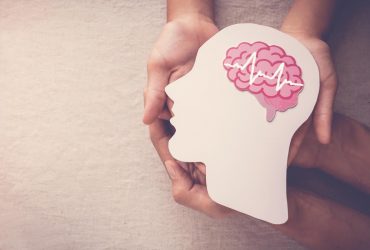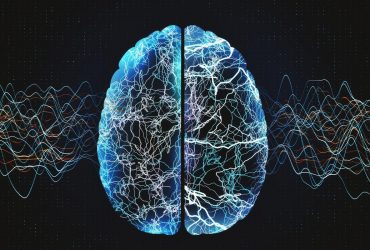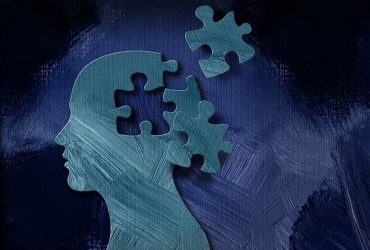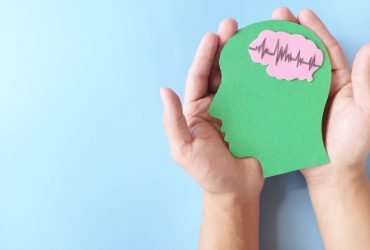Higher prevalence of structural brain abnormalities and increased occurrence of interictal epileptiform discharges observed
However, variability seen across clinic team members and lower reach among older and non-White patients
After adjustment for demographic and health variables, hazard ratio was 1.94 for individuals with epilepsy and sleep deprivation
In longitudinal analysis, epilepsy population had elevated risk for neurological diseases and psychiatric disorders
Association seen for frequent seizures, emergency transport, longer epilepsy duration with poorer QOL in children, caregivers
Depressive symptoms, anxiety seen across patient groups referred to Austin Hospital First Seizure Clinic
Prevalence of suicide 40.0 per 100,000 person-years among those with epilepsy
Findings show up to 70 percent increased risk for offspring at ages 1, 2, and 3 years
Odds more than doubled when adjusting for sociodemographic factors
Risk by age 18 years was driven by disorders within the neurodevelopmental spectrum








